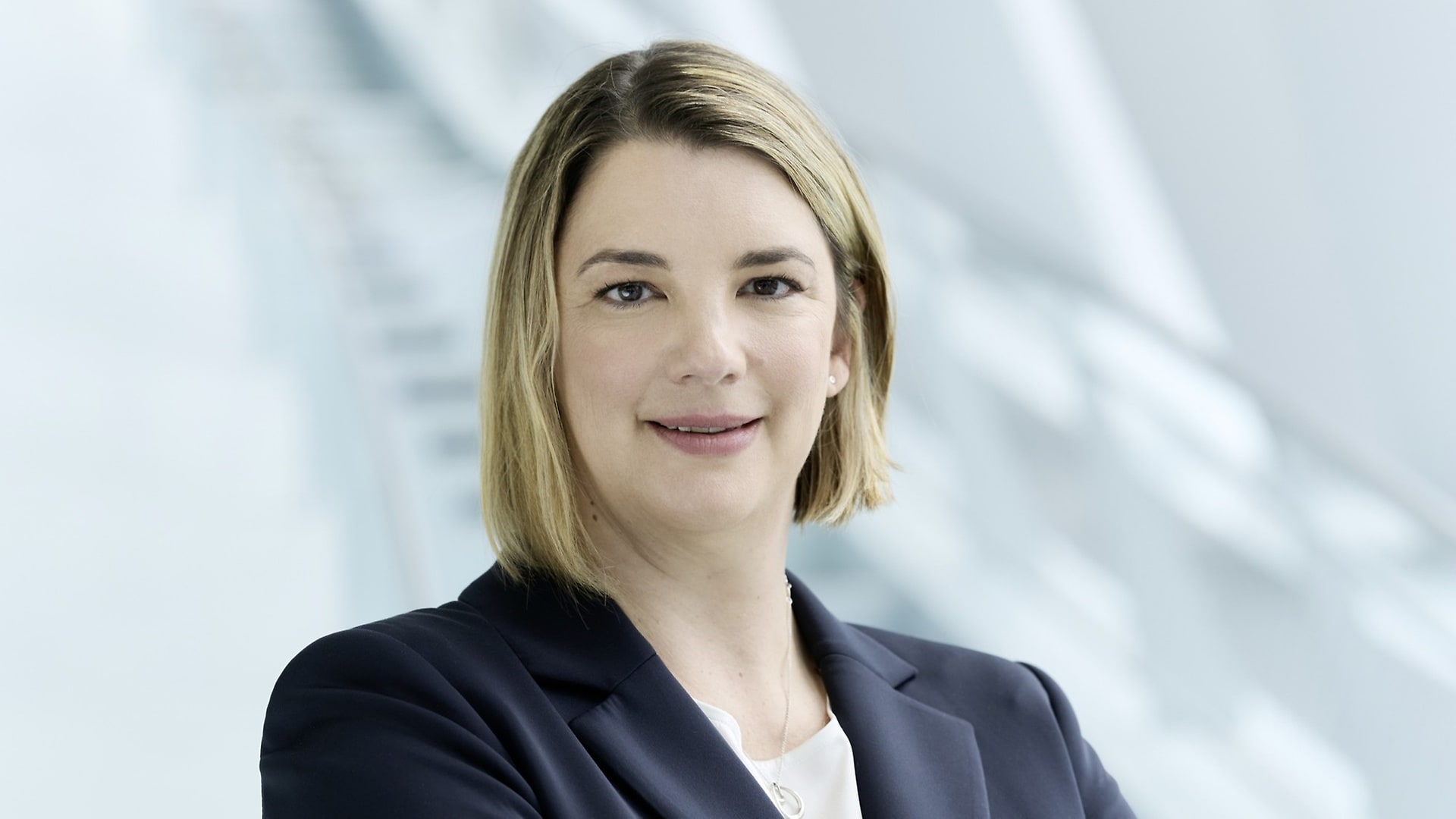What do these five pillars entail?
Katrin Lehmann: The first point is “Rock Solid Operations.” This means our IT ensures that all systems run stably. Without this foundation, we cannot work successfully. The second point is “Radical Standardization.” For historical reasons, we have an incredible number of systems, some of which are outdated, and we are now removing them from the IT landscape. The third point is “Tech Frontrunner” – we want to be at the forefront of new tech topics like AI or Digital Twins. We want to help shape and define them. Point four: “End-to-End Acceleration” – how do we work internally with other business areas, and how smoothly do the processes run? And finally, point five “Best Team.” Because we need the best employees and a strong team dynamic to be successful.
,xPosition=0,yPosition=0)

,xPosition=1.0,yPosition=0)